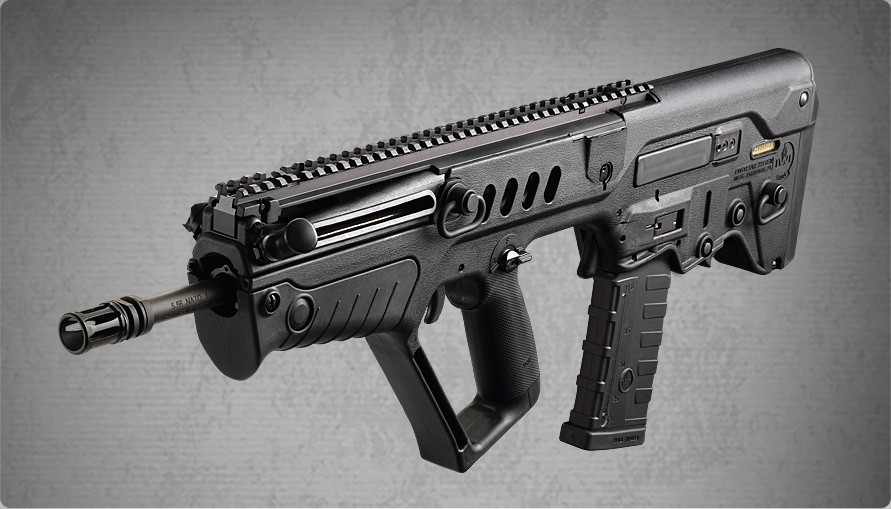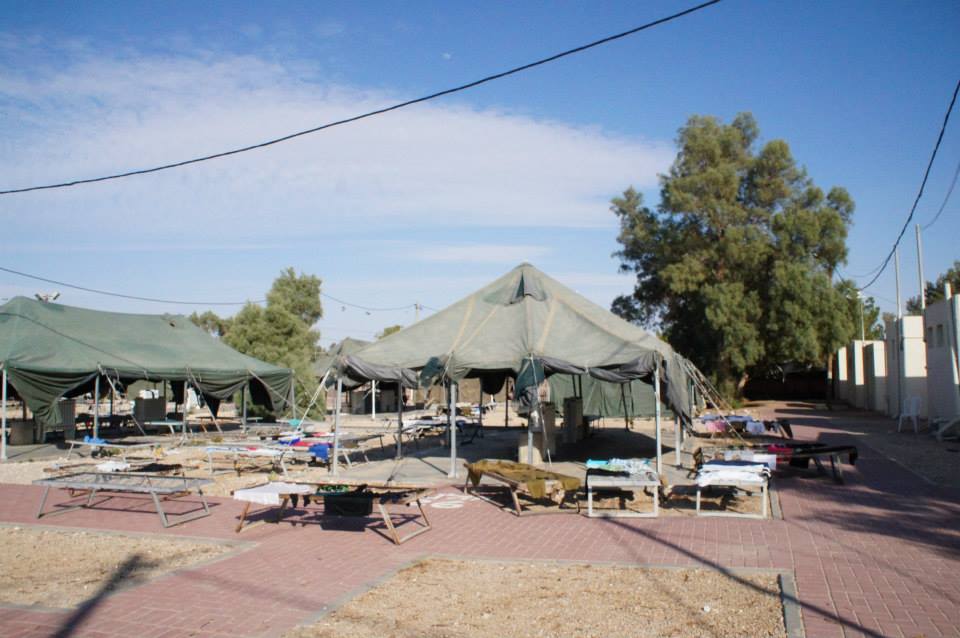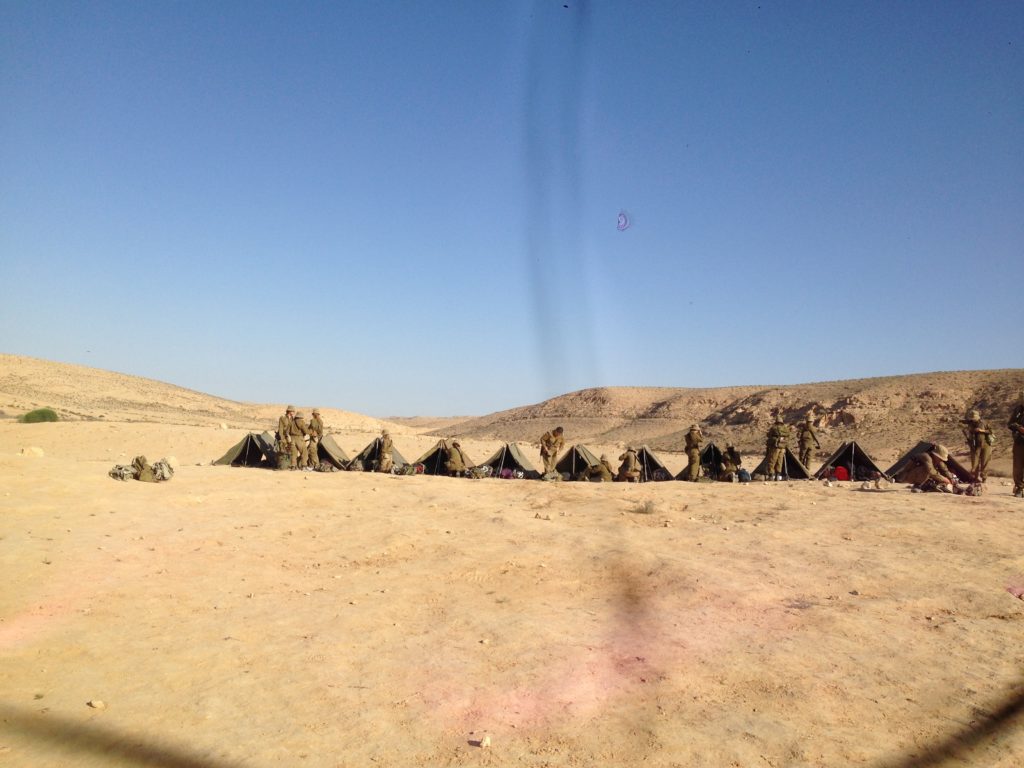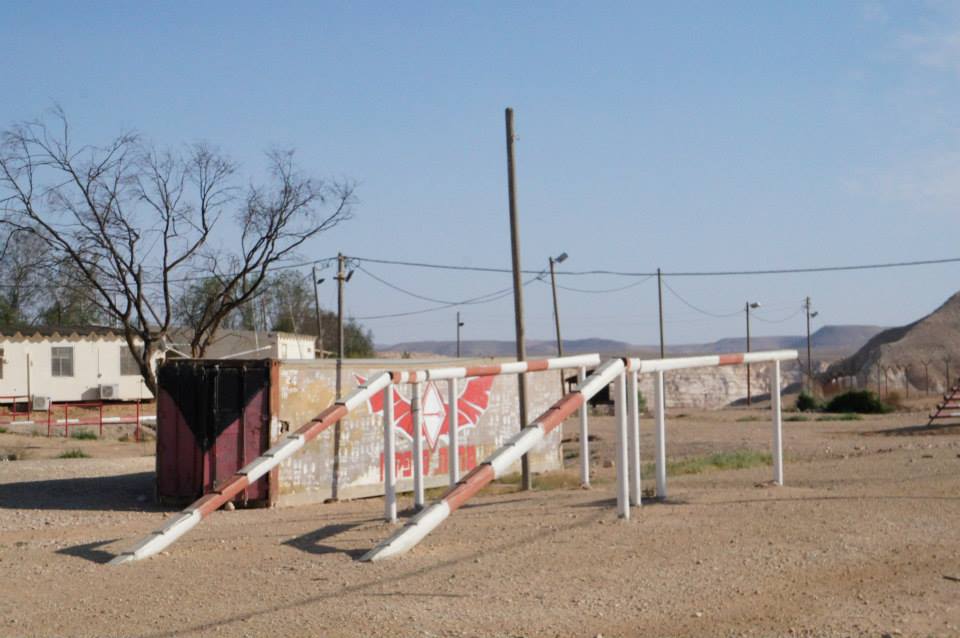I’m entering the last weeks of the 8-week Israeli Defense Forces program army program called, “Marva”.
Marva is advertised as an “opportunity to experience the physical and emotional challenges of the country, its problems and people – through the eyes of the army”.
Let me make this clear. Although my two months on Marva would count as part of my army service by the Israeli army…it’s not the army. Which is why I chose the program. I have no intention to and will likely never serve in the Israeli army. However, I recognize the cultural significance of the Israeli draft and the sacrifice every Israeli needs to make to defend a state which protects Jews around the world. I chose Marva hoping that it would allow me understand/empathize just a piece of what every soldier gives.
It has.
After spending two weeks on an army base I began to feel like a prisoner. Your time is no longer your own and your life back in the outside world seems to cease to exist. The people in my tzevet (unit) and I would discuss what we’d do once we were “out.” And once we stepped off the bus at the bus station and were allowed to leave our commanders, I felt a rush of freedom enter my body.
The discipline is intense and I’m glad that the punishments grew gradually. At the beginning of the course if there was a flaw in your uniform (i.e a button undone, shoelace showing, untucked shirt) you would wake up 15 minutes earlier than everyone else and stand in attention outside in the typical Israel army formation (chet) and wait for your commander to check that you were there. These are called tikniut (literally “mistake”).
As the program progressed we grew to have punishments called aveirot. If you receive an aveira, that means that when we are released off base on our free Shabbats every other week, you have to wait at the bus stop for a period of time before you are allowed to leave. Weekly the length of an aveira would increase, and last week it was 45 minutes. Which means if you snack at an undesignated time, use your phone during lunch and sleep-in. You have 2 hours and 15 minutes of waiting at the bus stop. After the first 30 minutes of break to eat and go the bathroom you can’t use your phone, eat or talk loudly. Yikes.
One of the hardest things for me to get used to was the fact that we only receive an hour a day of free time. This is the same for soldiers. This time is called Shatash. During this time you are supposed to shower, call home and go to the bathroom etc. I’m so used to having freedom and to have that time shortened so drastically was a big shock for me. Being ordered by a stranger to get off the phone with my Dad because I needed to be in my tent was not easy to hear. But I grew to embrace and adapt to this level of discipline.
One of my favorite weeks on Marva was field week. Field week is designed for us to live out in the field like soldiers. Since our base was in the Negev that meant living in the desert.
It was an adventure. There were sandstorms and even sand tornadoes. I had sand stuck in the back of my throat the whole time, creating one heck of a sore throat. We weren’t allowed to change out of uniforms ever (even to sleep) and since we couldn’t shower and our commanders refused to give us soap…we smelled and felt awful. We also weren’t allowed to sleep without our guns and were instructed to sleep with our M16’s (firing pin is taken out and there is no magazine). I named mine Shlomo because it was a pretty old looking gun, and for those few days it served as my teddy bear inside my sleeping bag. Normally it is placed under my mattress at night.
(my iPhone camera is cracked)
The cuisine. Everyone hated the food. Everyday for breakfast lunch and dinner we received the same exact food. Canned tuna, canned olives, cucumbers, tomatoes, white bread and either chocolate army spread or army jelly (neither as delicious as they sound). Sometimes we’d get biscuits. I ate everything and I still lost a lot of weight over those few days.
There were some incredible exercises. One of them was we all lined up in two lines with our M16’s in hand. Our commander’s commander would yell, “5 Syrians, 50 meters away” and we’d have to jump into the correct position (either prone, kneeling or standing) based on how far away the enemy was away from us. We’d do this repeatedly until the commander signed off that it was fast enough. It felt surreal.
We had a night run in the desert in complete darkness with our guns and vests where we had to follow signals late at night from our commander. We learned how to pass information between us without speaking. It was amazing.
Another activity we did in the desert was that each tzevet had 30 minutes to create a camouflaged outpost where we could shoot from with only rocks, brush and various plant material. We then created a scenario and staged a dry practice of sorts with certain people playing enemies and others being soldiers. It was very cool to learn how to hide with the land’s natural landscape and use nature as a tool.
That night we had my favorite Marva activity. Late in the dark of night our commanders lined us all up and had us look up at the mountain next to us. They pointed at the small red light up at the top of the mountain, a red glow stick. They told us that our mission was to race up to the top of the mountain and be the first to grab the stick. The trick was that our commanders were roaming the mountain with flashlights and if they saw you then you had to walk to the bottom of the mountain and start again. This was a race where cunning was key. Don’t forget that we’re wearing our uniform with jackets and an M16 around our necks. I began by running up the mountain and then jumping into an army prone position behind the various rocks (not much large vegetation in the desert). I soon realized that this process didn’t work because my gun would clank whenever it touched the ground and if I laid out my body I would usually make noise by bumping into a small dry bush. I decided to bend my body over and crawl to the far left and up and around the mountain. Totally invisible to the commanders.
I was never caught by the commanders, but the glow light was recovered by someone else before I had the chance. Still, I loved every second. My heart pounded with adrenaline, I was coated with sweat and for being fake it felt so real.
The last big activity we did was a competition between all the units. There were four stations. When one of the commanders laid out what we’d do at each station, one of my friends asked what we should do if we vomit…she paused and said, “keep going.” Awesome 🙂
The first station was an army crawl through shard of glass and nails. SO COOL. Everyone got cut up, including me. Doing an army crawl on hard ground with a machine gun isn’t as easy as movies make it look. I got through it, but not as fast as I’d anticipated.
The next station required us to completely finish a plate of tuna and sauerkraut before we could move on. I ate the tuna…not the sauerkraut.
We ran on to the next station which required us to place a gallon of water on a stretcher, run a far distance and then the hard part…drink the gallon of water as fast as you can. That’s when I felt like puking. Our adrenaline was bursting through our and everyone was passing the water back and forth violently, getting much of it all over our clothes.
I was screaming “Rabak! Rabak!” as I readied myself for the final task.
Rabak: A military term for fire under your ass. Rabak is an inner burst of energy that, like an oil fire, takes forever to burn up.
The final part of the test was to run to the top of the mountain in front of us, grab the flag and stand with my unit in a chet, the standard Israeli army formation. My friends and I, full of Rabak, pushed everyone in our tzevet and we arrived at the top and in first in formation. Victory 🙂
I had many other amazing weeks on Marva which seem to have flown by too quickly. Sports week, which we spent at a base next to Wingate (Israel’s olympic training center). We took Krav Maga classes by the IDF’s Krav Maga instructors’ instructor. That was incredible and made me miss martial arts. We took various aerobics class including a really fun spinning class with lights and pounding music. We met cool soldiers who were interested in talking to us and letting us hold their guns like the frighteningly cool Israeli Tavor assault rifle.

Shabbat on the base is also really fun. It gives you a chance to hand wash your clothes, bond more with your friends and an opportunity for me to work out hard on the obstacle course on the base. It overlooks the Negev and is stunning.

(Above is an image of our beautiful army tents and our clothes drying outside)
The showers are always home to amazing conversations. I’ve had talks about sexism in Judaism and the role Jerusalem serves in the preservation of Judaism with my friends in the showers next to me. The time we have to clean the dining hall after meals also becomes an activity filled with bonding conversation while either doing the dishes or washing the floor. I really like these people.
One of the best parts of Marva is how international it is. My closest friends on Marva are from England, South Africa, Denmark and France. There are other people on the program from Costa Rica, Mexico, Panama, Columbia and Sweden. We have only about 45 people on the program and having such an international crew is really a gift. And the best part is they’re all Jewish (except one). There is quite a language barrier for many of the people. There are about 8 French people on Marva and every single one of them is making Aliyah (moving to Israel) and joining the army. Isn’t that phenomenal? When I asked one of them why he was making this decision. He told me that he’d dealt with a great deal of anti-semitism in France and that Israel felt like his home. For me, such a decision would require a great deal more thought, sacrifice and planning. But, I realized the beauty in how simple his decision was and that Israel was created to fulfill his dream.
We had a chance to talk to lone soldiers in a base only 750 meters from the border of Gaza (don’t tell my Dad that part). It was an enlightening experience to be able to ask dozens of questions to American soldiers who decided to make Aliyah and join the army. We learned about their work. We even saw a practice run where they performed a small operation with blanks.
We went to Sderot, my second time. Since 2001, over 10,000 rockets have been launched towards Sderot. When I came with Marva, a rocket had hit just last week. There were bomb shelters ever block (none could handle a direct hit). We would only have about 15-some seconds once the siren was raised to find cover. We got to see the playground bomb shelters the citizens have created in order to lower the fear that children pair with being in a bomb shelter.
It’s also just different being in Jerusalem wearing an army uniform. People constantly ask me for directions. The cool part being that I can direct them most of the time. I see people on the bus looking at my uniform to figure out what unit I’m a part of in the army. It just feels surreal.
This past weekend I had the chance to party with a bunch of people on Marva in Tel Aviv and then stay over at one their apartments. I’m living the life of a person I don’t recognize and I love it. I couldn’t have dreamed of meeting all of these great people and bonding with them in such a short time. I still have two more weeks of Marva, but they mainly serve as a fun conclusion for the tough times we bonded over.
I’ve learned so much from this course about myself and the everyday life and training of an Israeli soldier. It was not easy, but I’m very glad I chose to do Marva.




